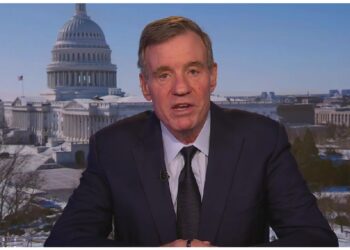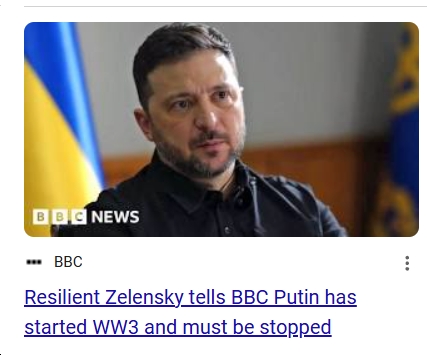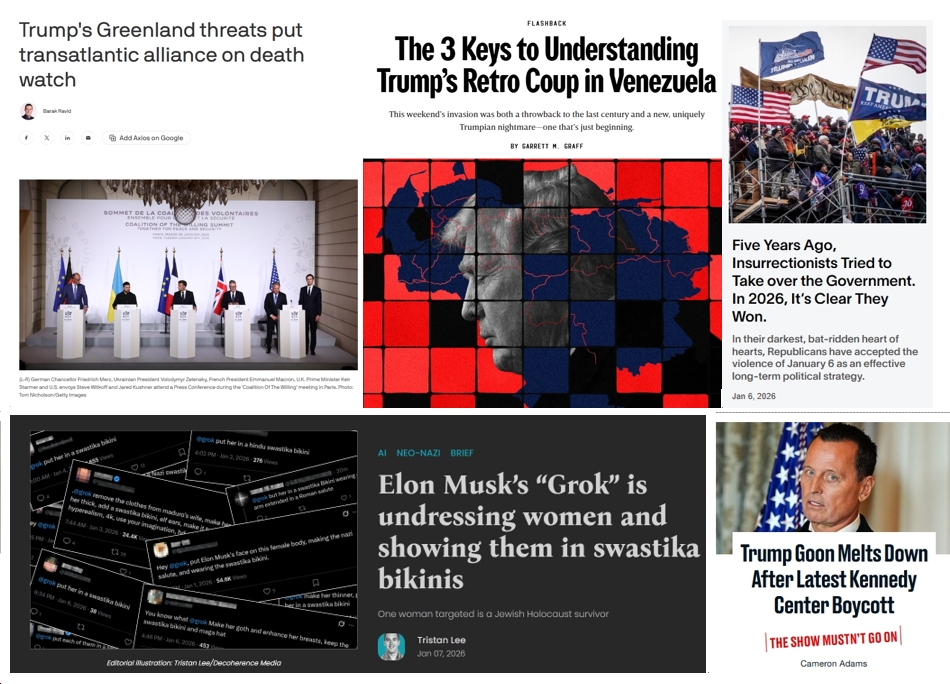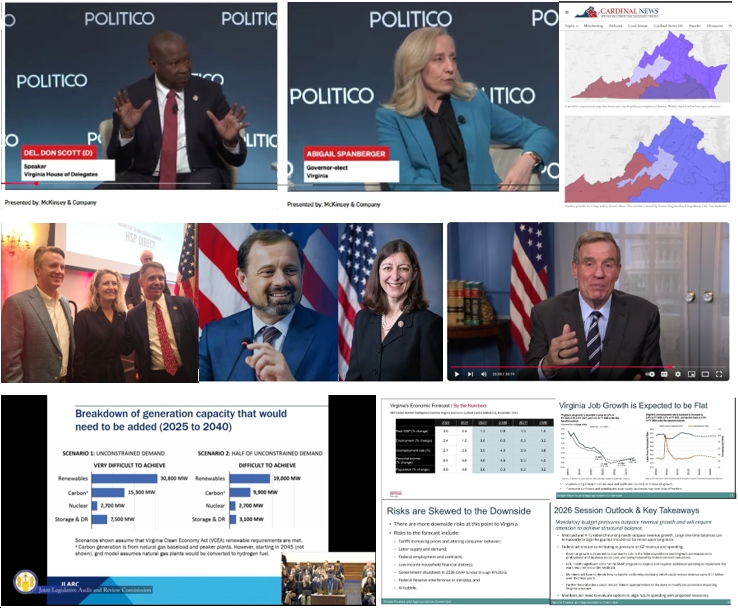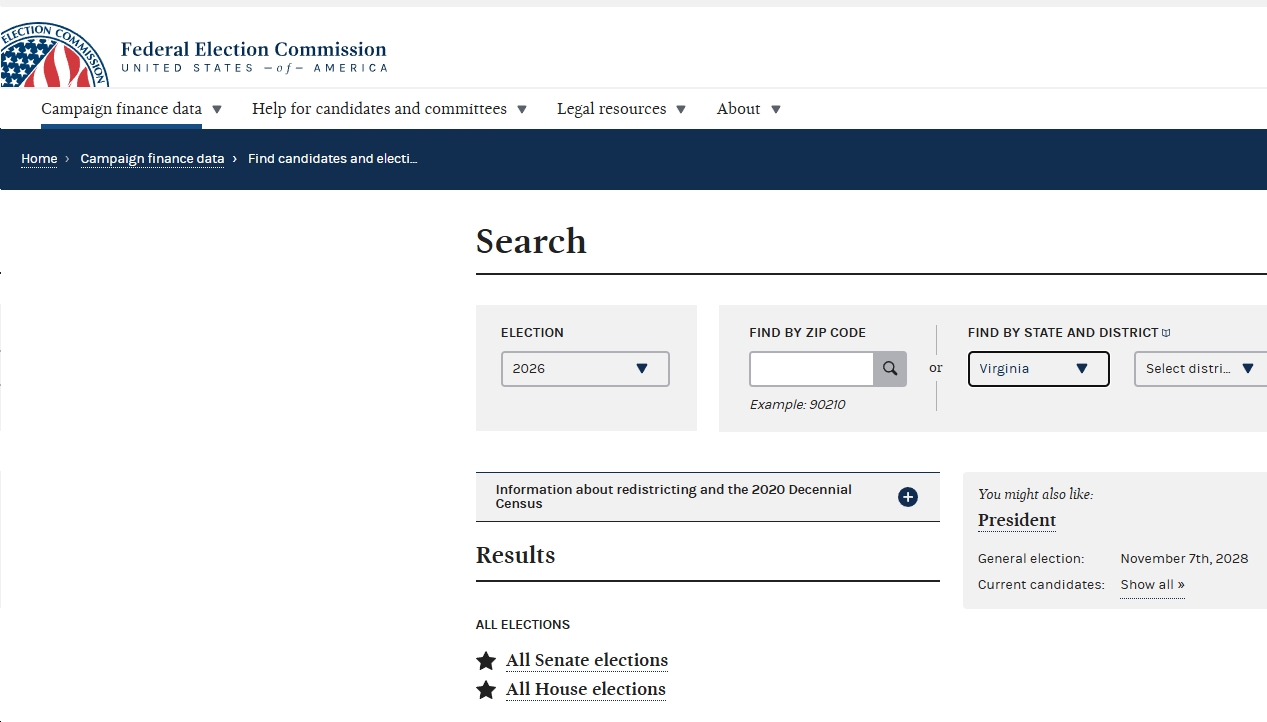More good stuff from Sen. Mark Warner’s office:
WARNER URGES FCC TO TAKE IMMEDIATE ACTION TO TACKLE DIGITAL DIVIDE AS MORE AMERICANS DEPEND ON INTERNET AMID COVID-19 OUTBREAK
~ Urges FCC to take a number of measures to quickly close the broadband gap for over 20 million underserved Americans ~
WASHINGTON – Today, U.S. Sen. Mark R. Warner (D-VA) urged the Federal Communications Commission (FCC) to take immediate action to ensure that individuals all across the country have access to broadband, as more Americans are forced to rely on the internet for telework, telehealth, and online learning amid the novel coronavirus (COVID-19) outbreak. According to the FCC’s latest figures, more than 20 million Americans continue to lack access to meaningful broadband service, with at least 770,000 Virginians currently unserved.
“Under the current circumstances, this lack of broadband access threatens to greatly – and potentially lastingly – exacerbate disparities in health, education, and economic equity,” wrote Sen. Warner. “On nearly a daily basis, I hear from Virginians who are struggling to engage in telework, supervise their children’s online learning, and engage in telehealth over antiquated DSL connections that make even a single one of these activities virtually impossible.”
“While I applaud a number of the steps the Commission has taken to improve service and widen access, including encouraging spectrum leases to utilize underutilized spectrum, temporarily waiving the E-Rate and Rural Health Care gift rules, and (after encouragement from offices such as mine) releasing a public notice clarifying that community use of E-Rate supported Wi-Fi networks is permitted, much more work remains to be done,” he continued. “While a number of preexisting broadband programs, such as the Rural Digital Opportunity Fund, will help close the broadband gap in the long-term, I encourage you to take action that can enable expanded coverage now.”
Specifically, Sen. Warner urged the FCC to make it easier for wireless providers to increase existing signal contours, such as by temporarily increasing relevant power limits for Wireless Internet Service Providers (WISPs) in rural and exurban areas and by relaxing current antenna height restrictions. He also encouraged the Commission to help facilitate backhaul options in unserved and underserved areas such as by clarifying that currently underutilized, E-Rate supported connections can be leveraged to support backhaul connections by fixed and mobile wireless providers during this health emergency.
In the letter, Sen. Warner also encouraged the FCC to work with the National Telecommunications and Information Administration and the Department of Defense to reduce the size of exclusion zones that prevent many WISPs from taking advantage of the emergency Special Temporary Authority (STA) that allows unlicensed access to the 5850-5895 MHz band. In Virginia, for example, the 75-kilometer exclusion zones have prevented use of this spectrum in large areas, including the vast majority of the Eastern Shore.
Sen. Warner has been a longtime advocate of expanding broadband in rural and underserved areas. Earlier this week, he wrote to the FCC, encouraging the Commission to reform service rules to bring broadband to rural areas.
A copy of the letter can be found here and below.
Marlene H. Dortch, Secretary
Federal Communications Commission
Office of the Secretary
445 12th Street, SW
Washington, DC 20554
Dear Chairman Pai,
Across the nation, Americans are struggling with the new reality of COVID-19 social distancing, with an unprecedented number of Americans reliant on internet connectivity for telework, telehealth, and online learning. For too many Americans, however, even this challenging new status quo is unattainable: according to the latest figures from the FCC, over 20 million Americans still lack access to meaningful broadband service, with at least 770,000 Virginians currently unserved. Many accounts suggest that even these figures tend to underestimate the broadband gap.
This digital divide impacts nearly every aspect of life for Virginians living without access to broadband, as it has become a precondition to meaningful participation in the digital economy. This contrast has become more stark in the last month, with an unprecedented number of Americans now heavily reliant on broadband access for telework, telehealth, and online education.
Even in normal times, lack of broadband access prevents students from achieving their full potential, denies seniors and veterans access to telemedicine solutions that can improve care and reduce costs, prevents farmers from accessing innovative precision agriculture tools, and limits the economic potential of too many rural communities. Under the current circumstances, this lack of broadband access threatens to greatly – and potentially lastingly – exacerbate disparities in health, education, and economic equity. On nearly a daily basis, I hear from Virginians who are struggling to engage in telework, supervise their children’s online learning, and engage in telehealth over antiquated DSL connections that make even a single one of these activities virtually impossible.
While I applaud a number of the steps the Commission has taken to improve service and widen access, including encouraging spectrum leases to utilize underutilized spectrum, temporarily waiving the E-Rate and Rural Health Care gift rules, and (after encouragement from offices such as mine) releasing a public notice clarifying that community use of E-Rate supported Wi-Fi networks is permitted, much more work remains to be done. While a number of preexisting broadband programs, such as the Rural Digital Opportunity Fund, will help close the broadband gap in the long-term, I encourage you to take action that can enable expanded coverage now.
For instance, the FCC should facilitate actions by wireless providers to dramatically increase existing signal contours, such as by temporarily increasing relevant power limits for Wireless Internet Service Providers (WISPs), particularly in rural and exurban areas where the risk of degradation to other users is lower, and by relaxing current antenna height restrictions. Similarly, the Commission should look to help facilitate backhaul options in under- and unserved areas, such as by clarifying that currently underutilized, E-Rate supported connections can be leveraged to support backhaul connections by fixed and mobile wireless providers during this health emergency. E-Rate supported schools and libraries often possess robust connections in many rural areas that lack meaningful home broadband options.
Lastly, while grant of emergency Special Temporary Authority (STA) to allow unlicensed access to the 5850-5895 MHz band should certainly help, in states like Virginia the 75 kilometer exclusion zones have prevented use of this spectrum in large areas, including the vast majority of the Eastern Shore. I encourage you to work with the National Telecommunications and Information Administration and the Department of Defense to reduce the size of these exclusions zones during this public health emergency.
I believe Congress erred when it failed to include funding for home broadband in the CARES Act. I fear that, absent immediate action by the FCC, the persistence of the broadband gap could go down as one of the major reasons our economy was not well-positioned to respond to COVID-19. What we do in the next weeks and months will be pivotal.
Sincerely,


